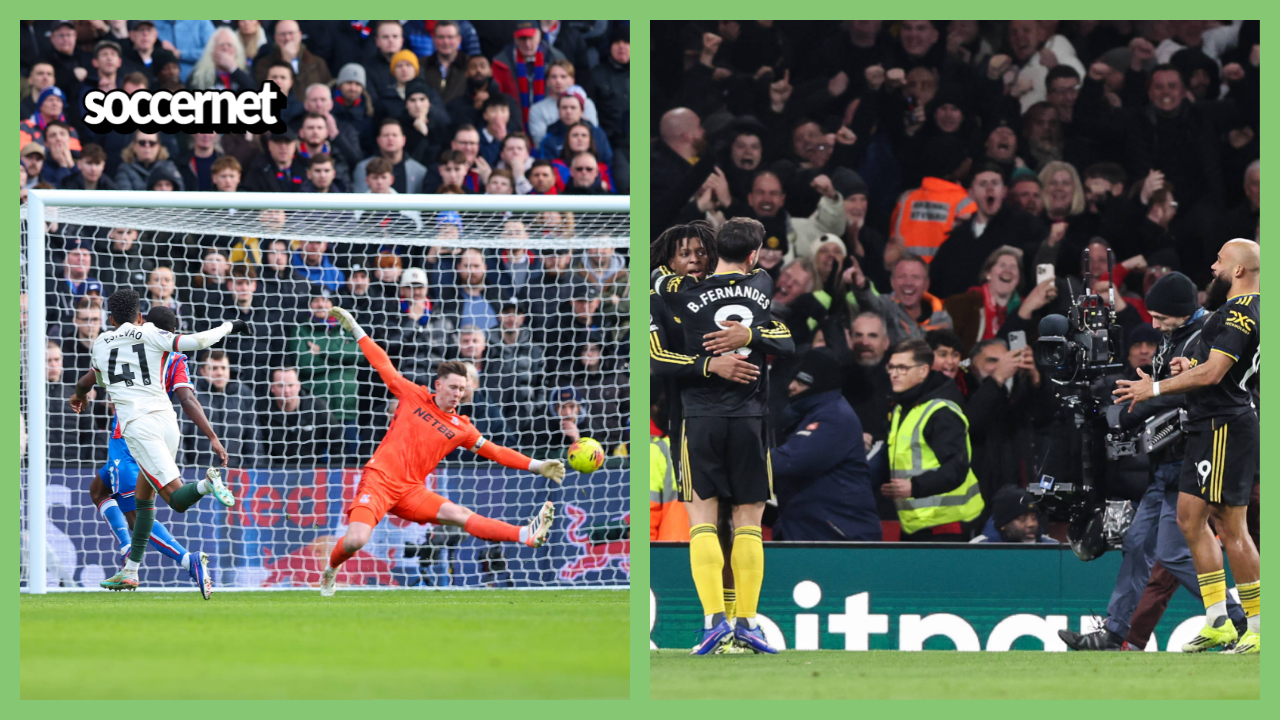The former Blues midfielder recounted the ordeal that happened during the 2018 FIFA World Cup
Retired Nigerian football star and former Chelsea midfielder John Obi Mikel has revealed the harrowing experience he went through after his father, Pa Michael Obi, was kidnapped by gunmen in Nigeria in 2018.
Mikel Obi, who was playing for the Super Eagles of Nigeria at the 2018 World Cup in Russia when the incident occurred, said he received a call from the kidnappers four hours before a crucial match against Argentina, threatening to shoot his father if he did not pay a ransom.
What was said?
Speaking to Dubai Eye 103.8 Sport, Mikel Obi said: “They [the kidnappers] said listen, we know it's Mikel, he would pay. If he doesn’t, we are going to shoot his dad. They said they had nothing to lose. They would shoot my dad and dump him somewhere.”
Despite the harrowing experience, Mikel Obi still played in the match and led the Super Eagles against Argentina. He later paid a “crazy amount of money” to secure the release of his father, who was eventually freed after a week in captivity.
“It was horrible. After the game, I got back on the phone, tried to negotiate with them, and spoke with them. They were calling some ridiculous amount of money for a start, and in the end, I still had to pay some crazy amount of money to get my dad out,” he added.
Now retired from active football, Mikel Obi has revealed that the incident still haunts him and he sometimes gets flashbacks of the ordeal.
“Even now, I still go through it. Even when I got a flashback, I had to speak to the guys on the phone. There was a gun pointed at his head. They said they would shoot him, kill him,” he said.
Mikel, who is pleased with Lampard's appointment at Chelsea, added that he has not told his children about the incident yet as they are still young, but plans to share the story with them when they grow up.
Pa Michael Obi was abducted on the Makurdi-Enugu road on his way to a funeral in 2018.
Kidnapping for ransom has been a major security challenge in Nigeria in recent years, particularly in the country's southern and northern regions.





